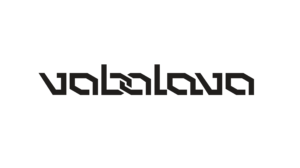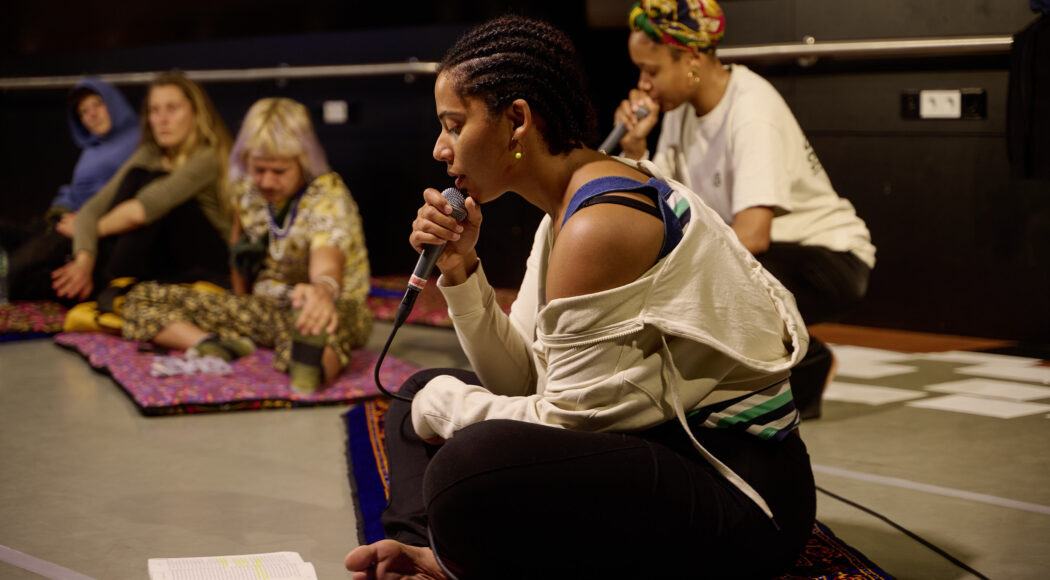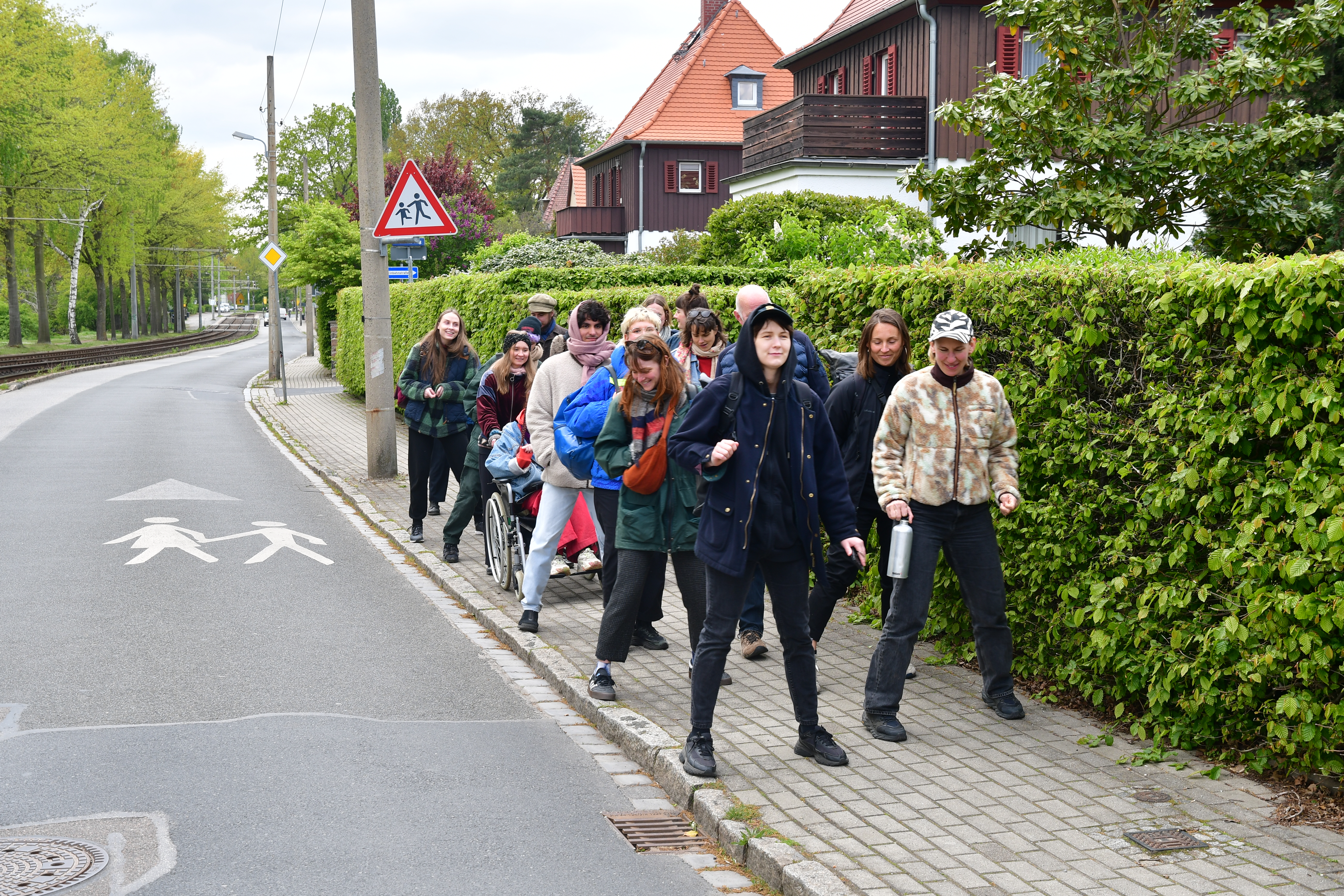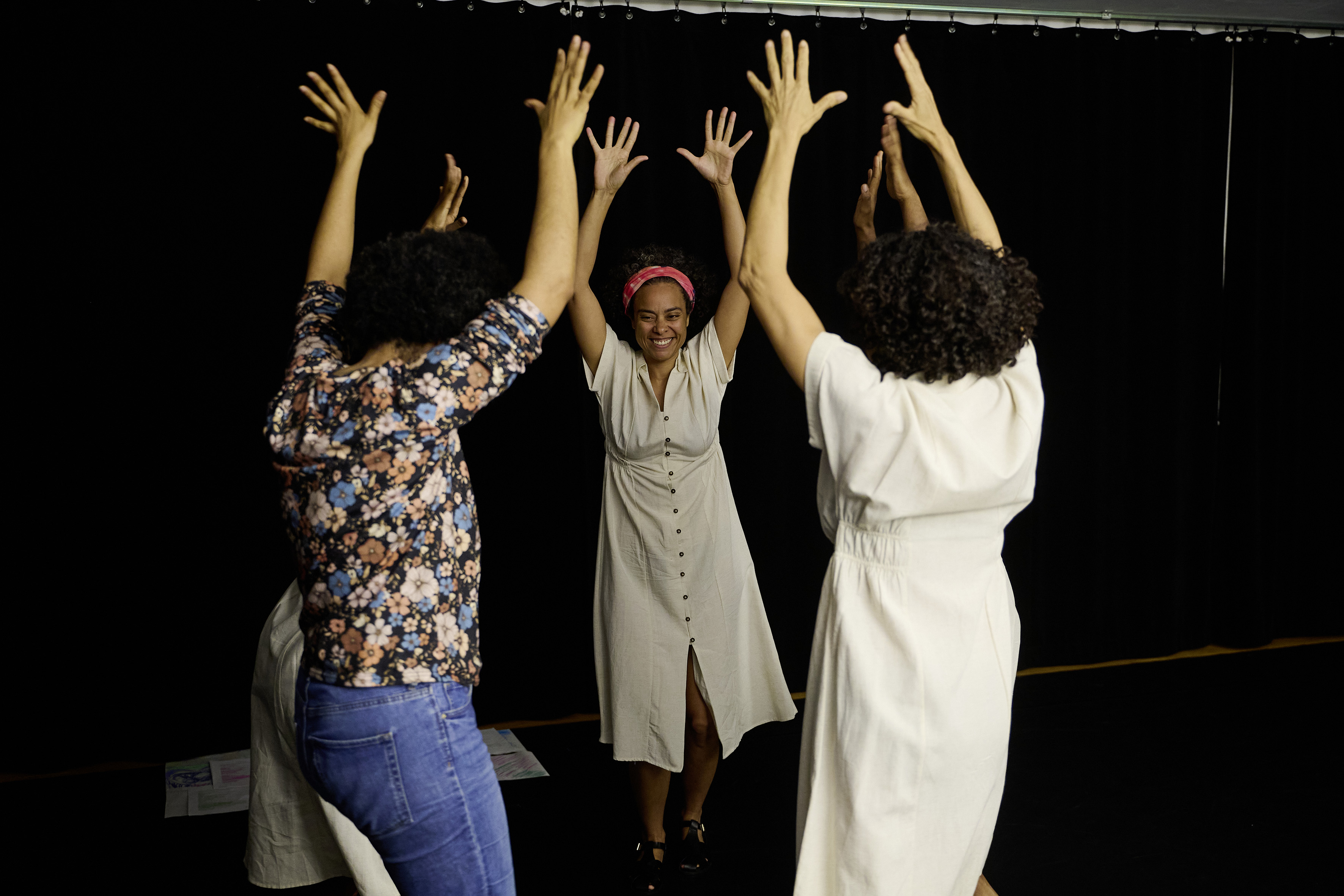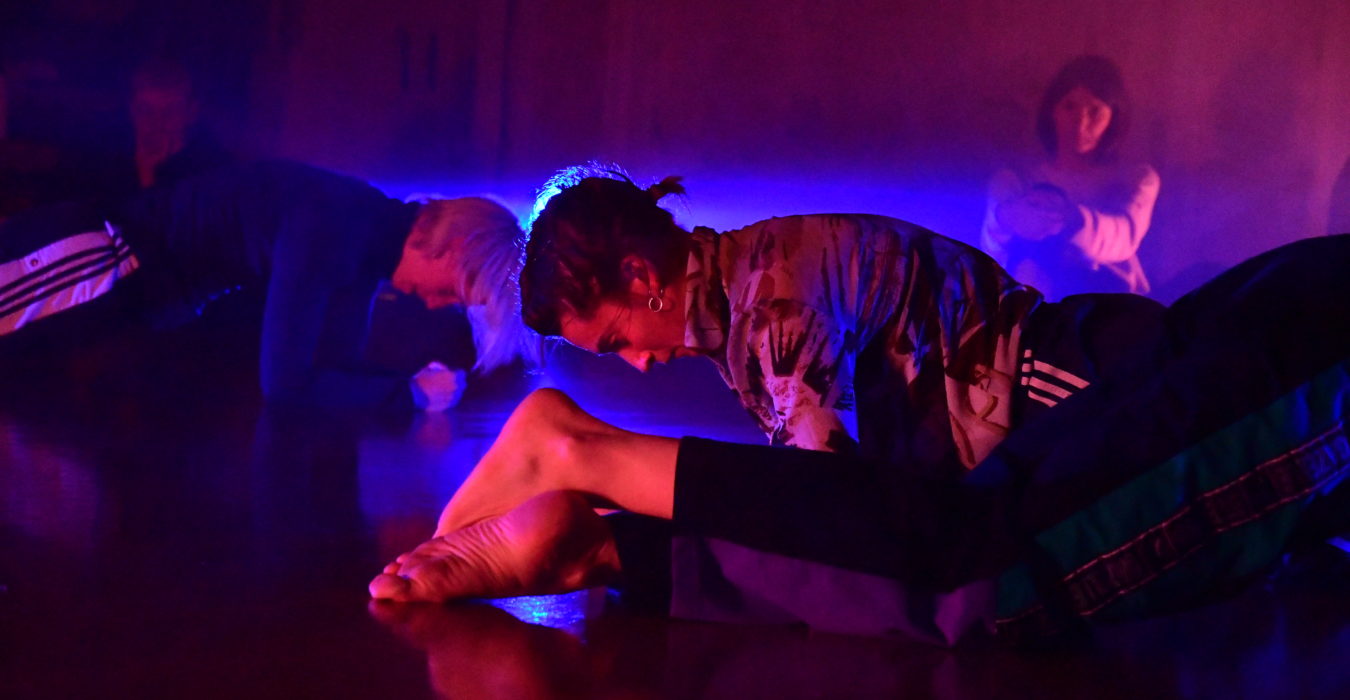European Residency Program: Moving Identities
HELLERAU is part of the European residency program “Moving Identities”, with a focus on diversity in the performing arts. “Moving Identities” is funded by the EU program ‘Creative Europe’.
“Moving Identities” is a three-year exchange program (2023-2026) for performing artists in seven European countries.
Davvi Zentrum für darstellende Kunst (Norway)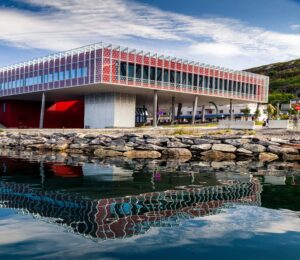
Nau Ivanow (Spain)
The Development Platform for the Performing Arts (Denmark)
INITIUM (Latvia)
Vonk (Belgium)
HELLERAU (Germany)
Sõltumatu Tantsu Lava (STL) with Vaba Lava (Estonia)

CKI – The Danish Centre for Arts & Interculture (Denmark)
Sustainable Performing Arts NOW (Denmark)
Himhearandit Productions (Denmark)
ITI – Internationales Theater Institut (Germany)
DCI (Danish Cultural Institute in Estonia, Lithuania and Latvia, Estonia)
Nora Amin is Expert in cultural policy with a focus on cultural justice, memory activism and equity. She holds a Phd in cultural policy from Hildesheim university, and is an expert at LAFT. She is a frequent collaborator with projects for anti-discrimination, empowerment and diversity in the performing arts, and mentor for emerging artists across Germany and in the MENA region. She is a choreographer, performer, author and founder of the Egyptian nation-wide Project for Theatre of the Oppressed, and its Arab network.
How “Moving Identities” work
The aim of “Moving Identities” is to strengthen international networks and the visibility of underrepresented and marginalized artists through international residencies. “Moving Identities also facilitates exchange between the partners and ensures that they develop tools to support diverse artists and themes. Each year, a group of artists is selected in each country. Each group receives 3 residencies over the course of the year: one in their country of residence and two internationally as part of the project. This gives them the opportunity to develop their creative practice. The artists also meet online to network and receive mentoring.
“Moving Identities” explores how the performing arts can connect us and contribute to a fairer and more collaborative Europe.
Want to hear more about “Moving Identities”?
Funded by the European Union. Views and opinions expressed are however those of the author(s) only and do not necessarily reflect those of the European Union or the European Education and Culture Executive Agency (EACEA). Neither the European Union nor EACEA can be held responsible for them.







